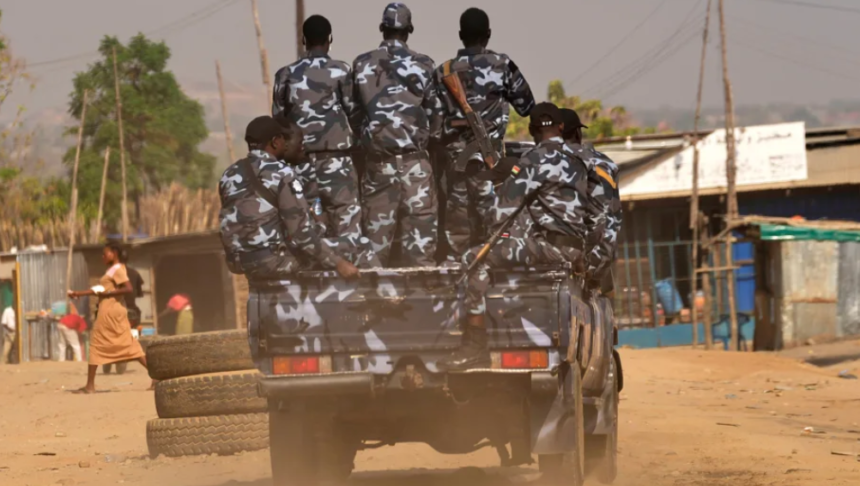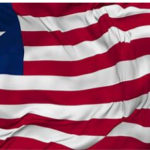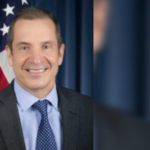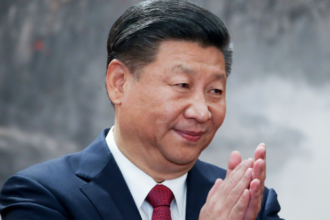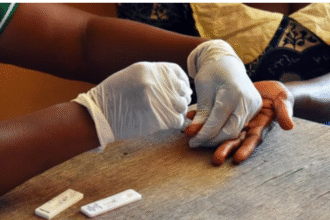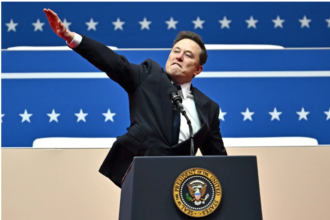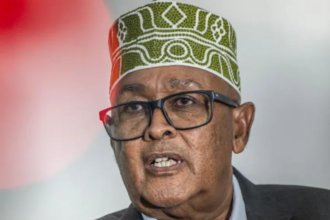By Simba Munyua
Juba, South Sudan – Ten years after jubilantly declaring independence from Sudan, South Sudan remains mired in a tragic cycle of conflict, political instability, and a profound governance crisis. Billed as a beacon of hope for the region, the world’s youngest nation has instead become synonymous with humanitarian disaster and a stark example of how deeply rooted ethnic rivalries and unchecked power can undermine even the most promising beginnings.
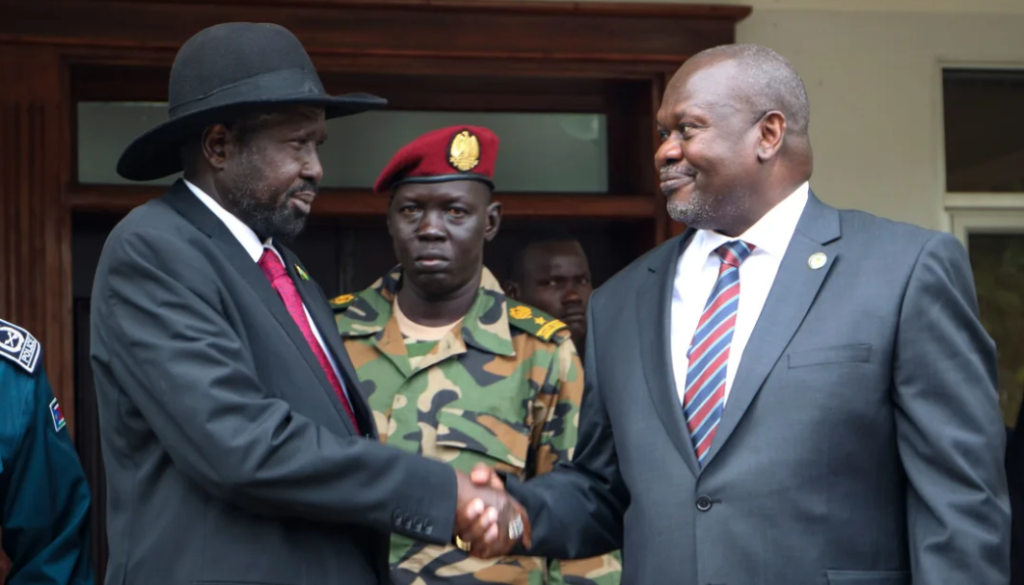
The Seeds of Discord: Key Factors Driving the Conflict
The roots of South Sudan’s unending conflict are complex and intertwined, stemming from a combination of historical grievances, political maneuvering, and fierce competition for resources. Key factors include:
- Ethnic Divisions: Deep-seated tensions between the Dinka, the largest ethnic group, and the Nuer, the second largest, have been consistently exploited for political gain. These rivalries have fueled cycles of violence and mistrust, making reconciliation incredibly challenging.
- Political Power Struggles: A bitter power struggle between President Salva Kiir, a Dinka, and his former Vice President Riek Machar, a Nuer, ignited the devastating civil war in 2013. While a series of peace agreements have been signed, they have repeatedly broken down, highlighting the fragility of power-sharing arrangements.
- Competition for Resources: South Sudan possesses significant oil reserves, but the wealth generated has disproportionately benefited a select few, exacerbating existing inequalities and fueling competition for control of these lucrative resources. Corruption is rampant, further diverting funds away from vital public services and contributing to widespread poverty.
- Proliferation of Arms: Years of conflict have resulted in a widespread availability of weapons, empowering armed groups and escalating the potential for violence. The porous borders allow for the easy flow of arms into the country, further destabilizing the region.
- Weak Governance and Institutions: South Sudan’s institutions are weak and often ineffective, plagued by corruption, lack of capacity, and a culture of impunity. The absence of a functioning legal system and independent judiciary further undermines the rule of law.
Key Players in the Conflict:
- President Salva Kiir Mayardit: Leader of the Sudan People’s Liberation Movement (SPLM) and incumbent President, largely representing the Dinka ethnic group.
- First Vice President Riek Machar Teny Dhurgon: Leader of the Sudan People’s Liberation Movement-in-Opposition (SPLM-IO), largely representing the Nuer ethnic group.
- Various Armed Groups and Militias: A multitude of armed groups operate across the country, often with shifting allegiances and agendas, further complicating the conflict landscape. These groups contribute to the overall insecurity and often target civilians.
The Devastating Impact:
The impact of the conflict on the South Sudanese population has been catastrophic. Millions have been displaced, both internally and as refugees in neighboring countries. The humanitarian crisis is immense, with widespread food insecurity, malnutrition, and a lack of access to basic healthcare and education. Sexual violence is rampant, and children are particularly vulnerable to recruitment into armed groups. The economy is shattered, and the country’s infrastructure is in ruins.
What Needs to be Done? A Call for Concerted Action:
The international community has a moral obligation to assist South Sudan in achieving lasting peace and stability. This requires a multi-faceted approach that includes:
- Strengthening Peace Implementation: Enforcing and monitoring peace agreements is crucial, but it must be accompanied by meaningful efforts to address the root causes of the conflict, including power-sharing arrangements that are genuinely inclusive and representative.
- Promoting Good Governance and Fighting Corruption: Strengthening institutions, promoting transparency and accountability, and combating corruption are essential for establishing a stable and prosperous South Sudan.
- Investing in Economic Development: Supporting sustainable economic development that benefits all South Sudanese is crucial for reducing poverty and inequality. This includes investing in agriculture, infrastructure, and education.
- Humanitarian Assistance and Protection: Sustained humanitarian assistance is needed to meet the immediate needs of the millions of South Sudanese who are suffering from food insecurity, displacement, and violence. Protection of civilians must be a priority.
- Supporting dialogue and reconciliation: Initiating and carrying out a serious national dialogue is essential for fostering reconciliation and preventing future violence.
- Regional and International Cooperation: Enhanced cooperation between regional and international actors is needed to exert pressure on the South Sudanese leadership to prioritize peace and stability.
South Sudan’s story is a cautionary tale. The international community must learn from the mistakes of the past and work collaboratively to support the South Sudanese people in building a future of peace, prosperity, and justice. The world cannot afford to abandon South Sudan to its seemingly unending cycle of conflict. Only through sustained and concerted action can we help this young nation finally fulfill its potential.


